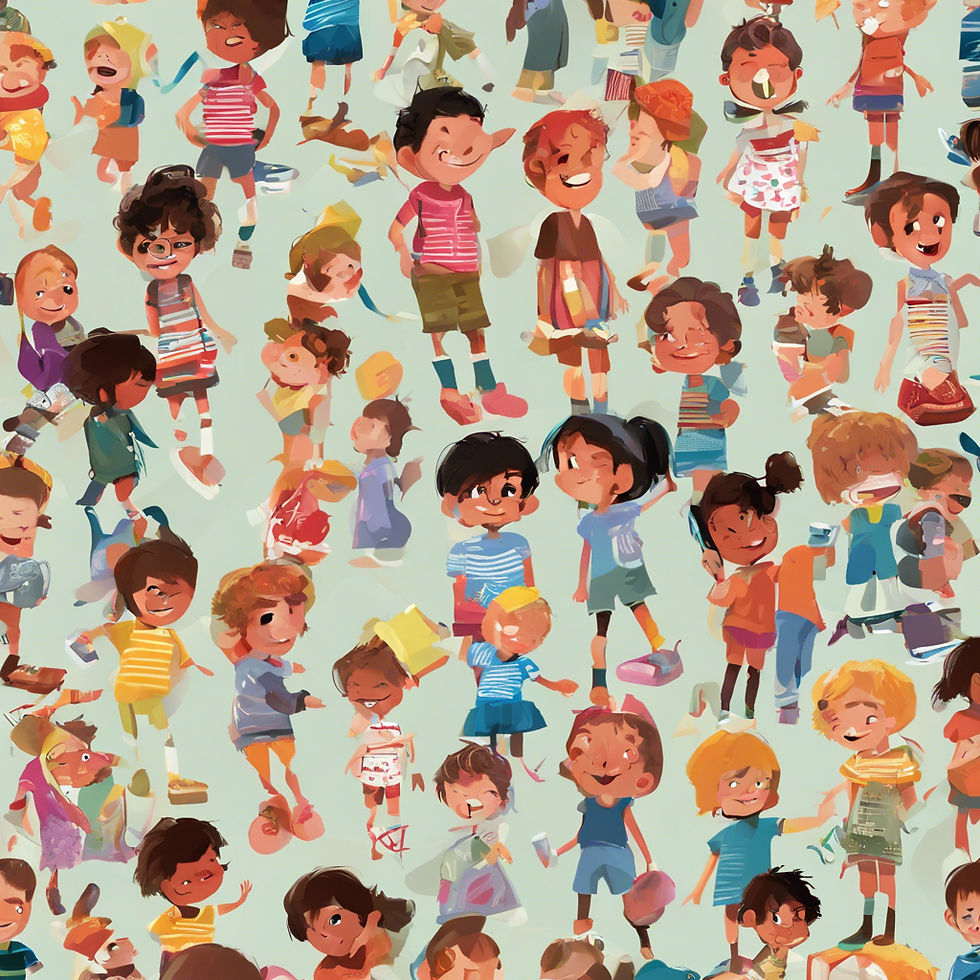The benefits of CBT for children
- Benjamin Lea
- May 15, 2023
- 2 min read
Updated: Apr 18, 2024

Cognitive-behavioural therapy, or CBT, is a therapeutic approach that helps children develop coping skills and strategies to manage emotional and behavioural difficulties. It is a form of talk therapy that focuses on the way thoughts, feelings, and behaviours interact with one another.
CBT is an effective treatment for a wide range of mental health concerns in children, including anxiety disorders, depression, obsessive-compulsive disorder (OCD), attention-deficit/hyperactivity disorder (ADHD), and post-traumatic stress disorder (PTSD). It is a goal-oriented and collaborative therapy that empowers children to take an active role in their treatment.
The following are some of the key components of CBT for children:
Psychoeducation: The therapist will educate the child and their family about their specific mental health concerns and how CBT can help.
Goal setting: The child and therapist will work together to set specific, achievable goals for treatment.
Cognitive restructuring: The therapist will help the child identify negative or irrational thoughts and beliefs and teach them how to replace them with more positive and realistic ones.
Behavioural activation: The therapist will help the child identify activities they enjoy and encourage them to engage in these activities to improve their mood.
Exposure therapy: If appropriate, the therapist will gradually expose the child to the things that trigger their anxiety or fear to help them learn how to manage their reactions.
Relaxation techniques: The therapist will teach the child various relaxation techniques such as deep breathing and progressive muscle relaxation to help them manage their anxiety and stress.
Homework: The child will be given tasks to practice outside of therapy sessions to reinforce what they have learned and continue making progress towards their goals.
It is important to note that CBT is not a one-size-fits-all approach. The therapist will tailor the treatment to meet the specific needs of each child and their family.
CBT has been shown to be a highly effective treatment for children with mental health concerns. In addition to reducing symptoms of anxiety, depression, and other disorders, CBT can also improve academic performance and social skills. It can also help children develop the coping skills and resilience they need to manage future challenges.
In conclusion, cognitive-behavioural therapy is an effective and evidence-based treatment option for children with a wide range of mental health concerns. It is a collaborative and goal-oriented approach that empowers children to take an active role in their treatment and develop the skills and strategies they need to manage their emotions and behaviours. If you are concerned about your child's mental health, consider talking to a mental health professional about whether CBT might be an appropriate treatment option.
By Ben Lea, CBT Therapist, Congleton, Cheshire
.png)



Comments